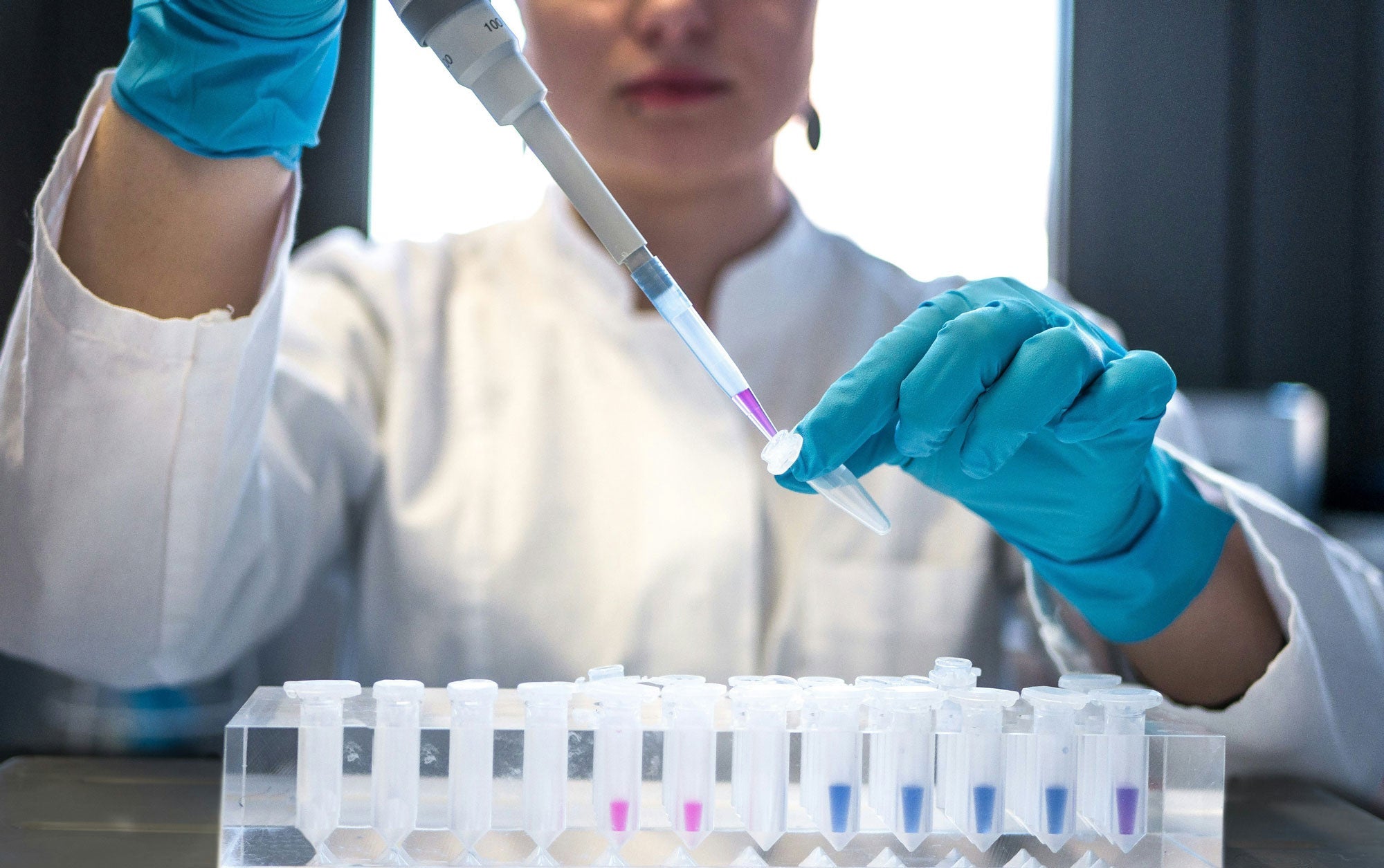Dietary supplements are products containing nutrients such as vitamins or minerals that are intended to contribute to the supply of human metabolism. They are therefore products that contain substances from our diet in concentrated form. In short, dietary supplements are a concentrated form of nutrition – a food.
For this reason, dietary supplements are subject to food laws and regulations in Germany and the European Union. The EU sets strict rules for companies that develop these "foods" to ensure that no harmful products are present on the market.
This means that our products must undergo rigorous controls before we can even bring them to market. Regular checks of raw materials during production and constantly monitored hygiene standards are just part of it.
But is that enough?
We want to ensure that you consume only the best. Because that's the crux of the matter: dietary supplements don't work from the outside, but from within, in the body, metabolism, and organism.
That's why we have decided to have our finished products tested annually and entirely voluntarily in independent German laboratories. We go beyond the parameters prescribed by the EU: for heavy metals, microorganisms, and our organic products are extensively tested for pesticides.
Safety and health are our top priority, but trust, reliability, and your peace of mind are also important to us. That's why we go the extra mile to ensure we always deliver what we promise: high-quality dietary supplements.
We explain below how, why, and what exactly we test:
Heavy metals
While we absolutely need metals like magnesium, iron, or zinc for various bodily functions, heavy metals like lead, cadmium, mercury, and even arsenic are toxic to the body. Heavy metals can be stored in our organs and thus have long-term effects on our organism.
Other heavy metals, such as copper, are even valuable to our body in certain concentrations. They, too, enter our food through environmental contamination and can even be used specifically through dietary supplements. But too much of these metals can also cause problems in our "system." In short, it's a delicate balancing act.
The reality is that substances such as metals can find their way into our food as environmental contaminants due to modern production processes or even natural elements like lead in the soil. The mercury content in fish, for example, is a well-known and highly criticized issue in the food industry (a problem we avoid with our plant-based products!).
In most cases, these are very small amounts that our bodies can flush out and break down on their own. These safe levels for humans are defined in EU Regulation (EC) No. 629/2008. The four heavy metals whose concentrations every supplement company should and must test are lead, mercury, arsenic, and cadmium.
Our finished products are tested by independent laboratories using the ICP-MS test method. This is the most widely used technique worldwide. Experts agree that this test produces the most accurate results. We pride ourselves on our thoroughness, which is why we ensure that we display the results of each of our tests online on our website and everywhere we sell our products. Our customers can view the detailed analyses and certificates upon request at any time. Transparency is important to us!
Microbiological testing
One of the most important aspects of dietary supplement production is hygiene. Contamination of raw materials or production facilities can quickly lead to unwanted bacteria, mold, or even salmonella. This so-called microbiology can trigger illness, stomach pain, and a whole host of unpleasant symptoms.
Even simple negligence such as storing raw materials in damp conditions can allow these bacteria to spread. Therefore, microbiological testing is of utmost importance for health and safety.
We conduct our tests in Germany, where our products are manufactured. However, the most potent extracts and best-quality vitamins are often found abroad, where the plants also grow. Due to the natural nature of our dietary supplements, we want to be able to source these raw materials from all over the world. This often means a long supply chain, and with such a supply chain comes great responsibility. This means that when we test our final products for microbiology, we also do so to ensure that our entire production line is working to keep our products safe and our customers healthy.
Crop Protection Products – Pesticides
Our goal is to one day be able to offer all of our products as "organic." With our focus on transparency and reliability, and to follow this vision, we extensively test our entire organic range for pesticides. When we say organic, the product must, of course, be 100% free of any non-natural additives.
We also test some of our products that are not yet organic, especially those whose raw materials are known to be contaminated, such as algae. We want to reassure our customers that our products are free of harmful substances.
We are proud of our testing and believe everyone in the dietary supplement industry should be doing the same! But until then, we are happy to be ahead of the curve. Our motto is "from nature, with passion, for you," and that's exactly what we want to live by as a company.
A well-known saying goes, "You are what you eat," and we want you to be safe, healthy, and great-tasting.
Ingredients
Our fourth test is our pride and joy. We analyze some of our products for the content and quality of the vitamins, minerals, extracts, and active ingredients they contain. This way, we want to ensure that the active ingredients are present without exception, in the quantities we specify, and of the highest quality.

Amino Acids – Fit and Feeling Good!
The Gut – A Marvel with Charm!